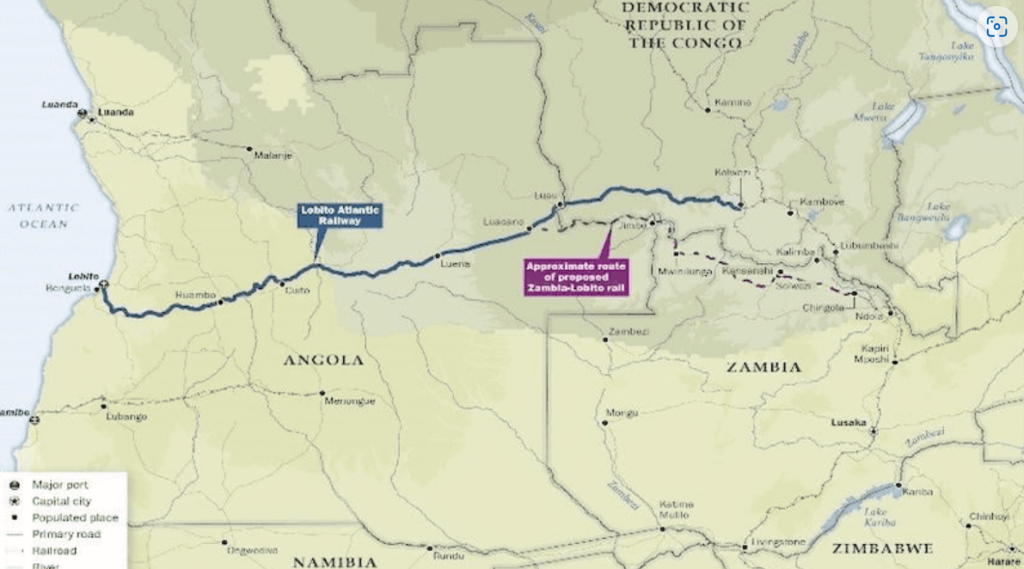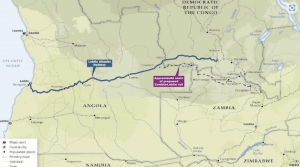China’s Belt and Road Initiative (BRI) has emerged as a transformative force, spanning continents and reshaping global economic dynamics. With commitments from 52 African governments through Memorandums of Understanding (MoUs), the initiative has funneled significant capital into vital infrastructure projects, strategically positioning China to access Africa’s abundant mineral resources. This expansive network, ostensibly geared towards enhancing continental connectivity, serves as a conduit for China to secure access to critical resources, particularly in countries rich in minerals such as copper.

One notable example is the Liberia-flagged chemical tanker Chem Pluto, owned by a Japanese entity and operated by a Netherlands-based company. The vessel was recently targeted by an Iranian drone in the Indian Ocean, adding a layer of geopolitical complexity to global maritime security. Fortunately, the attack did not result in casualties, but it underscores the escalating tensions and strategic maneuvers in key shipping routes.
The Chinese foothold in resource-rich African nations, exemplified by an 80% ownership of copper mines in Zambia and the Democratic Republic of Congo (DRC), highlights the strategic advantage Beijing has gained. This control over Africa’s vast mineral wealth, coupled with extensive investments exceeding a trillion dollars, reinforces China’s influence, particularly in the context of the global energy transition.
In response to China’s dominance, the United States has embarked on an ambitious venture – the Lobito Corridor project. This initiative involves substantial investments in the Lobito Atlantic Railway, providing a western route for transporting metals and minerals from the DRC. With the aim of countering China’s influence, the U.S. seeks to redirect resource transportation through this corridor, optimizing efficiency and establishing a strategic trade route from the Congolese copper belt to the Atlantic Ocean.
The geopolitical significance of this initiative is heightened by the ongoing challenges faced by Western nations in sourcing metals crucial for the energy transition. The U.S. administration’s strategic investments in the Lobito Corridor project align with the imperative of securing alternative routes for transporting essential resources, especially considering the disruptions caused by Houthi rebels in the Red Sea.
The Lobito Corridor project involves the construction of a 550 km railway in Zambia, connecting the Jimbe border to Chingola in the Zambian copper belt, complemented by 260 km of feeder roads. This infrastructure is designed to facilitate the efficient transport of valuable resources, addressing the growing demand for metals and minerals in the context of the global shift towards renewable energy.
While the U.S. initiative represents a positive stride in fortifying connections with African nations, it confronts formidable challenges. China’s established presence in Africa, both in terms of infrastructure and diplomatic ties, poses a significant obstacle. The Belt and Road Initiative has positioned China as a reliable collaborator for African nations seeking development, necessitating concerted efforts by the U.S. to cultivate comparable trust.
Read Also – Trump-Hitler References Fail to Disturb Iowa Republicans


